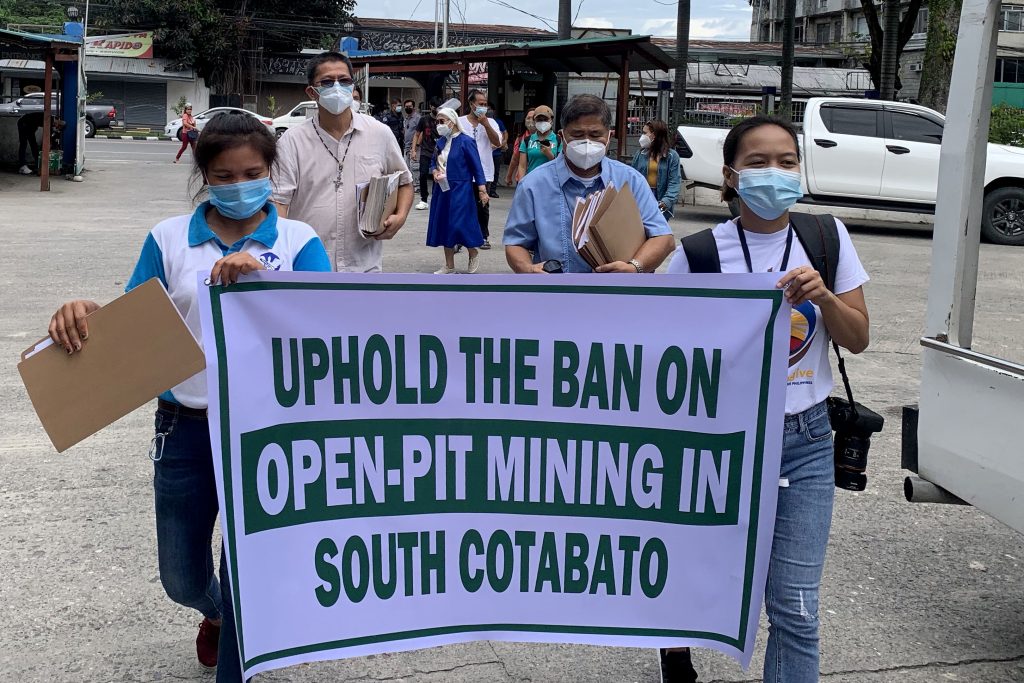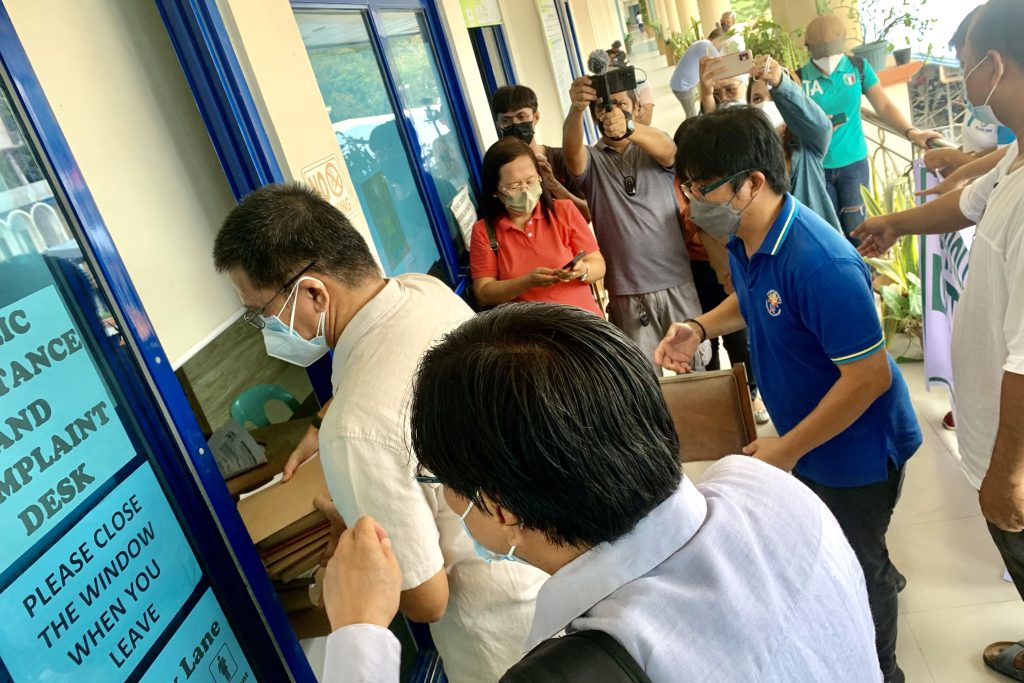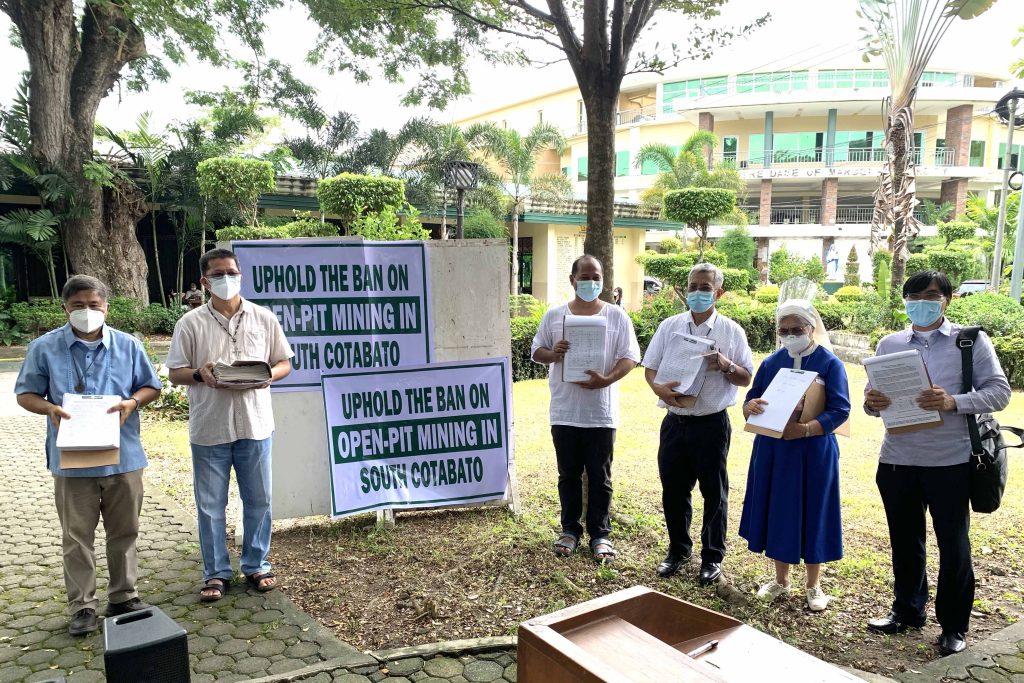
The Diocese of Marbel in the southern Philippines submitted a petition to the provincial government of South Cotabato on October 4 to signify the people’s opposition to open-pit mining in the province.
“The [diocese], inspired by St. Francis of Assisi, patron saint of ecology … express our call to protect the South Cotabato Environment Code by upholding Section 22 (b), which prohibits open-pit mining in the province,” read a statement released on the Feast of Saint Francis of Assisi.
The campaign, which was launched on August 16, had already gathered 78,229 signatures, 32,801 from the province and 45,428 from the rest of the country.
“We hope that these signatures shall be included as an important factor in the decision-making of our legislators that involves the quality of life of the present and future South Cotabateños,” read the statement.
Open-pit mining, also known as open-cast or open-cut mining and in larger contexts mega-mining, is a surface mining technique of extracting rock or minerals from the earth from an open-air pit.
It is opposed by pro-environment groups because the process causes changes to vegetation, soil, and bedrock, which ultimately contributes to changes in surface hydrology and groundwater levels.
In March this year, the municipal council of Tampakan passed a resolution seeking the lifting of the provincial ban on open-pit mining.
The existing ban is reported to be the reason behind the delay of the development of the Tampakan Mining Project, Southeast Asia’s largest known undeveloped copper and gold minefield.

The Tampakan copper-gold mine in Mindanao is the single largest foreign direct investment in the Philippines.
It has the potential of yielding an average of 375,000 tons of copper and 360,000 ounces of gold per year.
The diocese said it “reject[s] the destruction of land and life in South Cotabato and its neighboring provinces, in the name of profit that will only benefit the few.”
“We refuse the lies and confusion sown by the powerful and the continued marginalization of the weak and the poor, especially the voiceless,” read the statement.
Specifically, the diocese “renounce[d] the Tampakan Mining Project,” which reportedly “fails to convince us that it will bring genuine, sustainable, and equitable development.”
The local church said the project “threatens our food supply, watersheds, water sources, the safety and well-being of the people, including disregard of environmental regulations.”
The diocese urged the provincial legislators of South Cotabato “to stand firm in its duty to ensure the safety, convenience, and well-being of its constituents.”
It said that the Provincial Environment Code and its provision that bans open-pit mining “must be upheld.”
“This is the right thing to do and to ensure that future generations inherit a better society enjoying the fruits of a sound environment,” read the statement.

The diocese reiterated its call for protection of “nature and the integrity of creation,” noting that the province’s forests, rivers, watersheds, ancestral domains, and farms sustain our lives and give us livelihoods.”
“Our true wealth lies in the life-giving power of nature, and we recognize the rights of nature and the benefits that come with protecting the environment and natural resources,” added the statement.
“We value our culture, our traditional way of simple living, and the faith we all share as stewards of creation,” it said.
The diocese said that it is “committed to upholding the truth and continuing to uncover the negative environmental and social issues of the proposed open-pit mining” in the town of Tampakan.
“We are also committed to sustaining our call to our public officials to legislate laws that will promote social and environmental protection as well as inter-generational equity,” it said.
Source: Licas Philippines
0 Comments